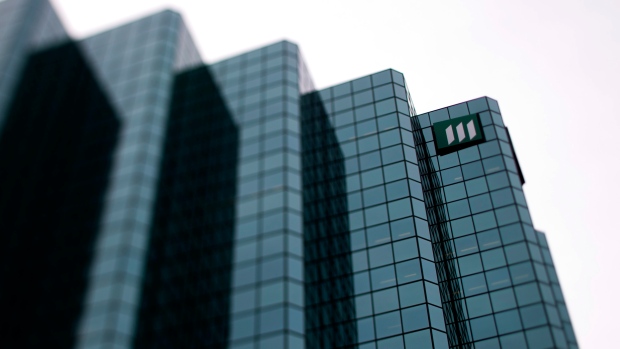Aug 5, 2020
Manulife earnings helped by Asia business weathering challenges
, Bloomberg News

Manulife Financial Corp.’s Asian business -- once the biggest earnings contributor for the Canadian life insurer -- is showing resilience in the face of added challenges in the region.
The COVID-19 pandemic, social unrest in Hong Kong and new rules for corporate-owned life-insurance products in Japan have been working against Manulife’s Asian operations in recent months. Yet Manulife shrugged off those issues in its second quarter, as the Asia division returned to growth after a drop in profit in the previous period. Overall earnings at the Toronto-based company beat analysts’ estimates.
Key Insights
- Growth in Asia last year outperformed that of the Canadian and U.S. divisions. While that’s no longer the case, profit rose 3.8 per cent to C$489 million (US$369 million) in Asia in the quarter.
- A market rebound added US$12.3 trillion in stock market value globally between April and June, helping money managers around the world gain back some ground from a coronavirus-spurred slump earlier in the year. For Manulife’s wealth division, assets under management and administration totaled C$696.9 billion, compared with C$653.1 billion a year earlier. Global wealth and asset-management earnings fell 1.7 per cent to C$238 million.
- Manulife’s U.S. operations, through its John Hancock business, had been the largest contributor to earnings after Asia since the start of 2019. Core U.S. earnings rose 37 per cent to C$602 million, making it the biggest contributor to overall profit in the second quarter.
- Analysts including RBC Capital Markets’ Darko Mihelic predicted that credit losses would weigh on Manulife’s domestic earnings. Core earnings from Canada rose 9.6 per cent to C$342 million.
Market Reaction
- Manulife’s stock has fallen 29 per cent this year, trailing the 17 per cent decline for the S&P/TSX Composite Financials Index.
Core earnings rose 7.5 per cent to C$1.56 billion, or 78 Canadian cents a share, beating the 62-cent average estimate of 14 analysts in a Bloomberg survey.
Net income totaled C$727 million, or 35 cents a share, compared with C$1.48 billion, or 73 cents, a year earlier.

